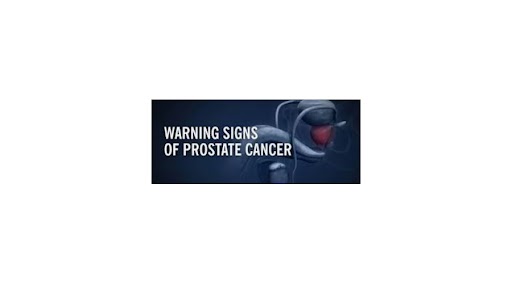25 August 2022
By Heather Newgen
Quote.
Prostate cancer is one of the most common types of cancer for men and according to the American Cancer Society, "About 268,490 new cases of prostate cancer and 34,500 deaths from prostate cancer," are estimated for this year. While nobody wants a cancer diagnosis, the good news is prostate cancer is very treatable, especially when caught early and there are ways to help lower the risk.
“Get tested at the NRH or provincial hospitals in the SI with a PSA Test.” (Frank Short)
Who is at Risk for Prostate Cancer
The American Cancer Society states, "About 1 man in 8 will be diagnosed with prostate cancer during his lifetime. Prostate cancer is more likely to develop in older men. About 6 cases in 10 are diagnosed in men who are 65 or older, and it is rare in men under 40. The average age of men at diagnosis is about 66."
2
Prostate Cancer Symptoms
According to the Mayo Clinic, "Prostate cancer may cause no signs or symptoms in its early stages. Prostate cancer that's more advanced may cause signs and symptoms such as:
· Trouble urinating
· Decreased force in the stream of urine
· Blood in the urine
· Blood in the semen
· Bone pain
· Losing weight without trying
· Erectile dysfunction"
3
How to Help Lower the Risk of Prostate Cancer
Dr. Jonathan Stegall, MD, Integrative Oncologist, Medical Director for The Center for Advanced Medicine and bestselling author of Cancer Secrets gives us the following tips:
-Control your weight. Being obese increases the risk of aggressive prostate cancer.
-Eat a healthy diet, consisting of plenty of fruits and vegetables, Of note, healthy omega-3s found in nuts, seeds, and fish have been shown to play a role in preventing prostate cancer.
-Reduce oxidative stress, a hallmark of aging. One theory is that the increased incidence of prostate cancer we see with aging is a result of oxidative stress on cells. This can be thought of as increased irritation on cells, and can result from a wide variety of exposures including processed foods, sugary drinks, and occupational/environmental exposures."
End of quote.
Source – Yahoo health News.
Yours sincerely
Frank Short



